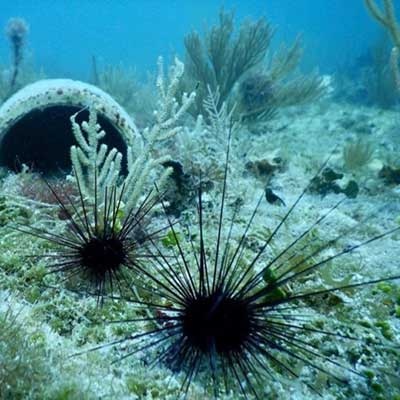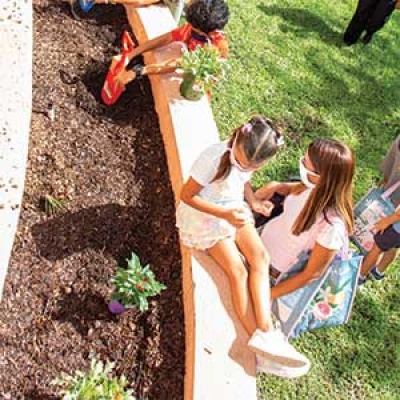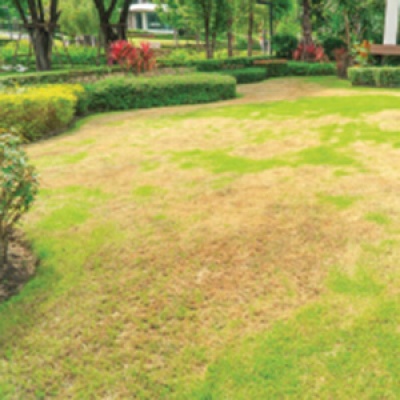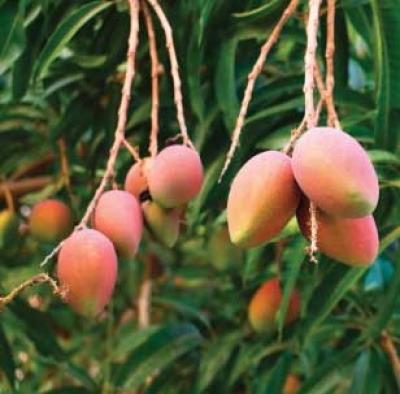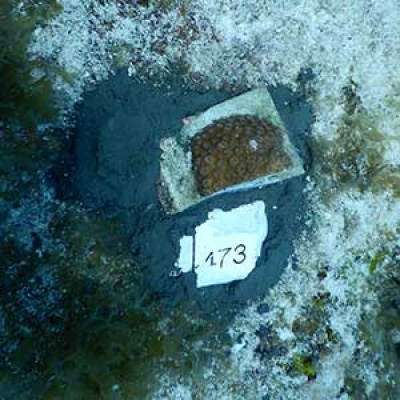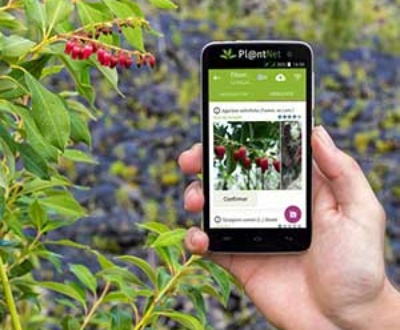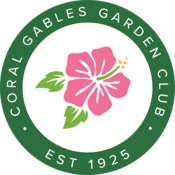When my mom moved from Chicago to Florida a few years ago, she complained that she missed the changing seasons. Most of us are transplants from the north and we have memories of fall. My memories include red and golden leaves, hayrides, apple cider, and a chill in the air that requires a jacket or sweater. However, in Florida the change in season is more subtle. If you don’t pay attention, you might miss it.
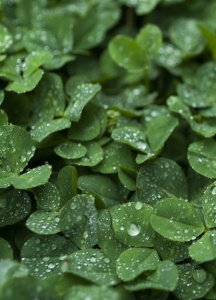
Raindrops on Clover.
Florida does have seasons. We are aware of tourist season and the wet/dry seasons. However, when we have green plants year-round, we may miss the changes that are going on around us. For example, did you know that the light levels drop when we get into October? Light levels from March to September range from 230 to 250 W/m2 but when we get into October light levels drop to 170 W/m2. You may not think this is a lot but anyone with fair skin can feel the difference when they step outside to enjoy the day.
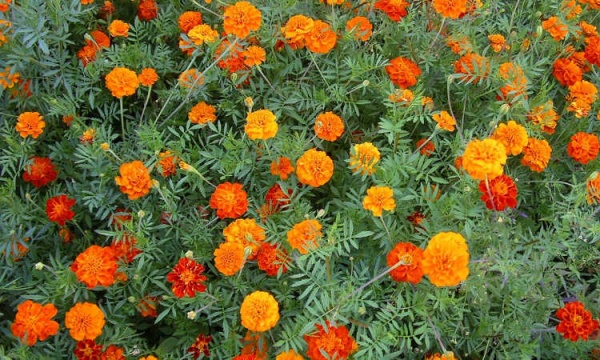
Marigolds are great for the vegetable garden as well as adding color.
You may be asking what else changes? The relative humidity drops from 81-82% to 73-77%. Average daily temperatures drop as does the amount of rain. Some of you may be concerned about the reduced amount of rain during the fall and winter and might feel the need to irrigate your yard more. However, the amount of water lost from our plants also drops and they don’t need as much water. Let me explain.
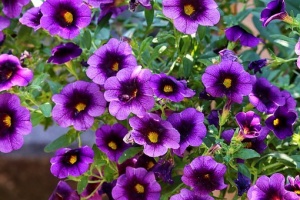
Petunia’s add great color to your fall garden.
When water is lost from the soil to the atmosphere, we call this evaporation. When water is lost from the leaves of plants to the atmosphere, this is called transpiration. If we combine these two processes, we get evapotranspiration. This is a measure of how much water is lost from plants on a daily basis. Of course, as a scientist, I can measure this too. Evapotranspiration rates are around 0.18 inches per month in August and drop to 0.06 inches in December.
How does this impact you? I challenge you to think about changing how you manage your garden during the fall and winter in Florida. As light levels, temperature, rain, and humidity drops, plant growth slows down. Then I need to ask you, why do we continue feeding and watering plants that have slowed growth? It is like feeding the hibernating bear. And to be honest the only thing that is growing are the weeds.
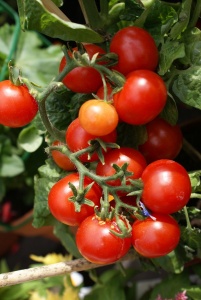
Cherry tomatoes on the vine.
Bottom line, it is ok to cut back on the irrigation and fertilization and only water as needed. It also is OK to change your garden in the fall. Fall and winter bring the chance to add some variety to the garden. Think about adding annuals to the yard for color such as petunias, marigolds, begonias and other annual bedding plants. Start planning and planting your vegetable gardens (tomatoes, peppers, beans, peas etc). Remember that our fall and winter in Florida are a lot like summer everywhere else in the US. We should enjoy fall in Florida because it is unique and unlike the rest of the US. We do have seasons in Florida, but they are just a little more subtle.
About the Author

Kimberly Moore is a professor of Environmental Horticulture and the Associate Center Director for the University of Florida, IFAS, Fort Lauderdale Research and Education Center. Her research focus is on nutritional management strategies for greenhouse crops to reduce fertilizer run-off and improve fertilization management.
Dr. Moore’s research focus is on the use of alternative growing substrates like compost as well as the use of reclaimed wastewater. She also investigates the effects of saltwater on plant growth and methods to improve water management in the landscape and greenhouse.
In addition to research, she teaches Elementary Organic and Biological Chemistry as well as Nutritional Management. Dr. Moore received her Ph.D. and MS in horticulture from Iowa State University and her BS in Environmental Science and Botany with a minor in chemistry from Eastern Illinois University.
Sign up here for email notifications about new Hothouse Blog articles!
More articles on the subject:
More from our blogs
See all postsRecent Posts
- April 2023 April 1, 2024
- Good News on Environmental Plastics February 1, 2024
- Material World / Plant World January 1, 2024
Leave a Comment cancel
This site uses Akismet to reduce spam. Learn how your comment data is processed.



